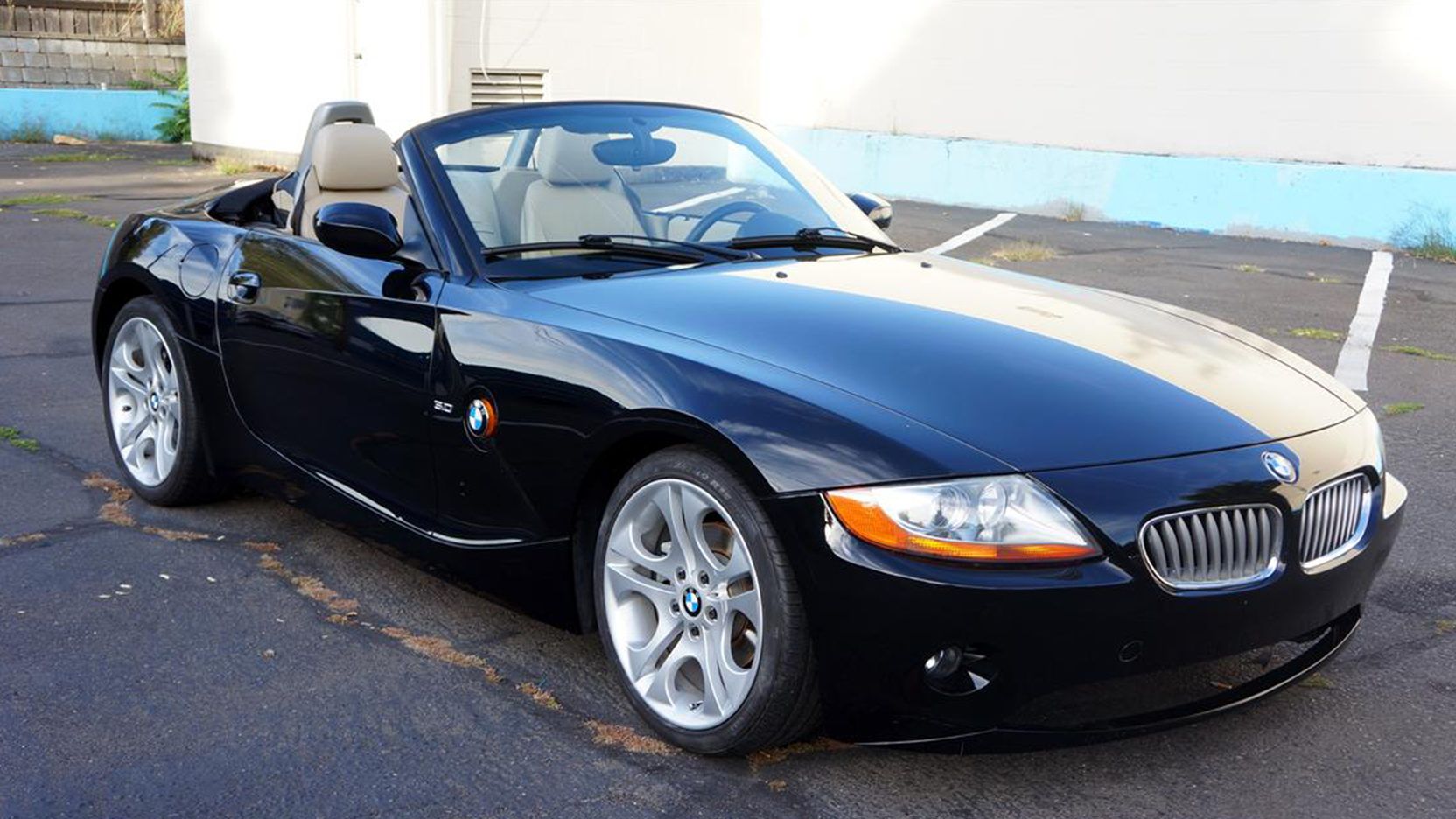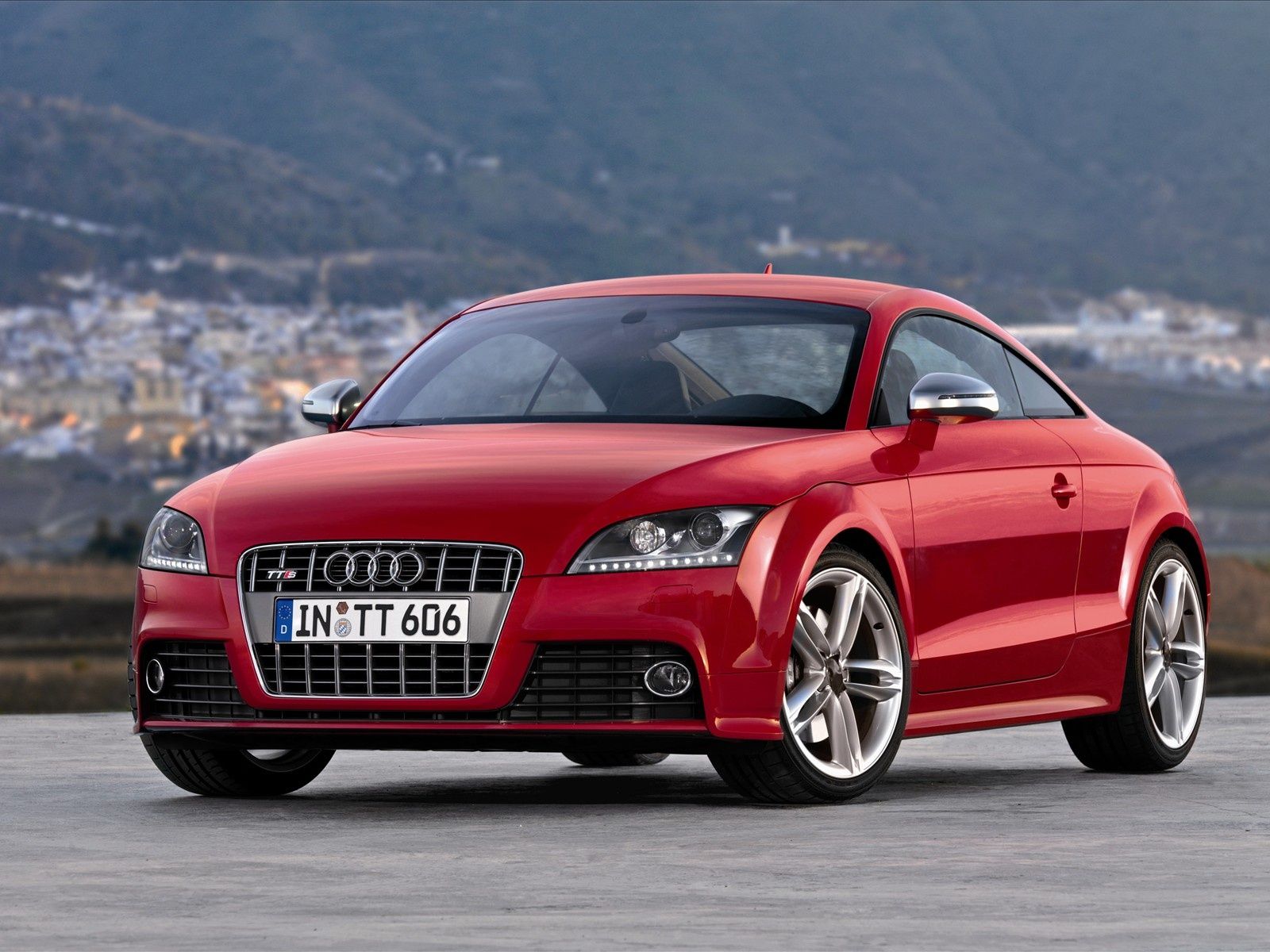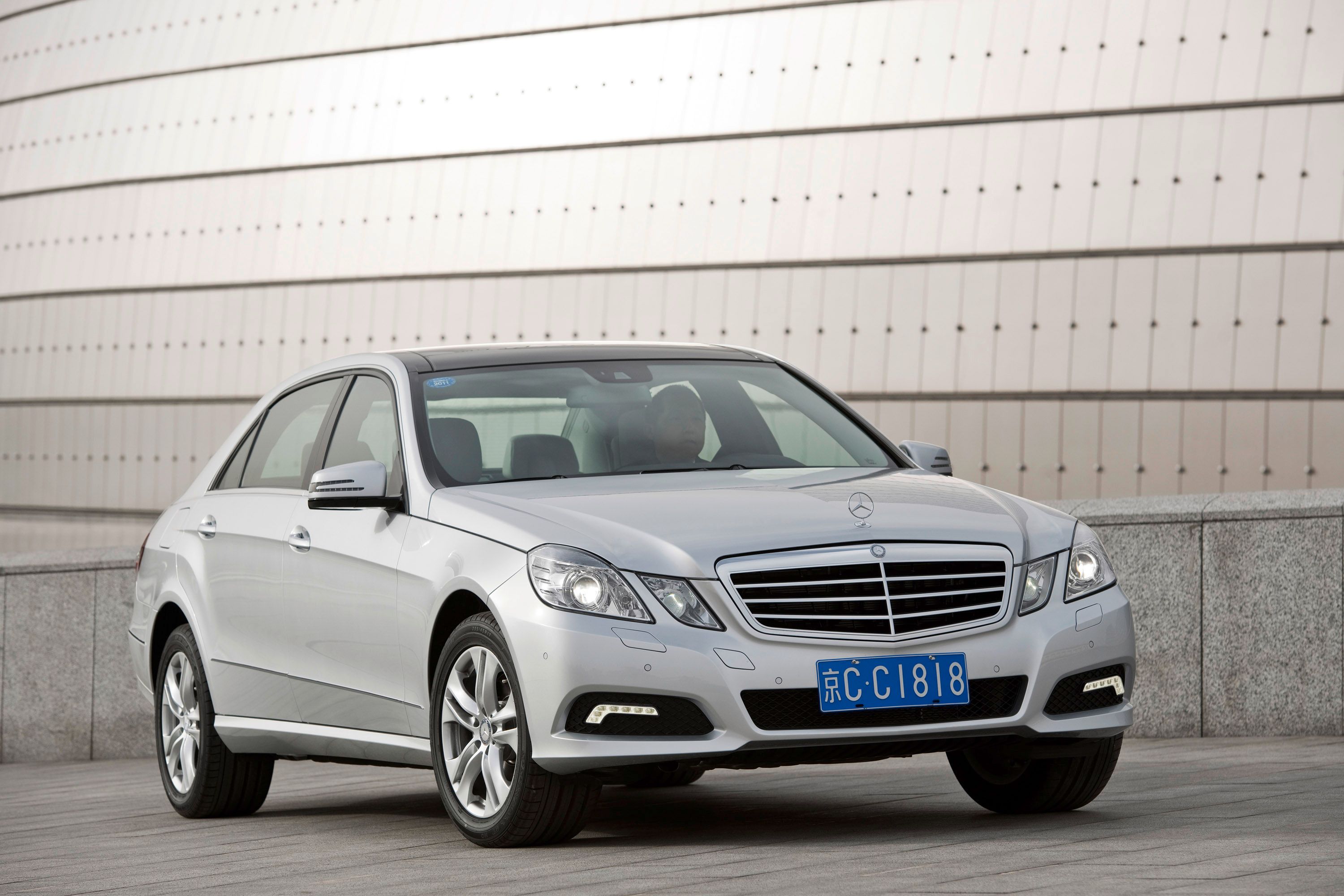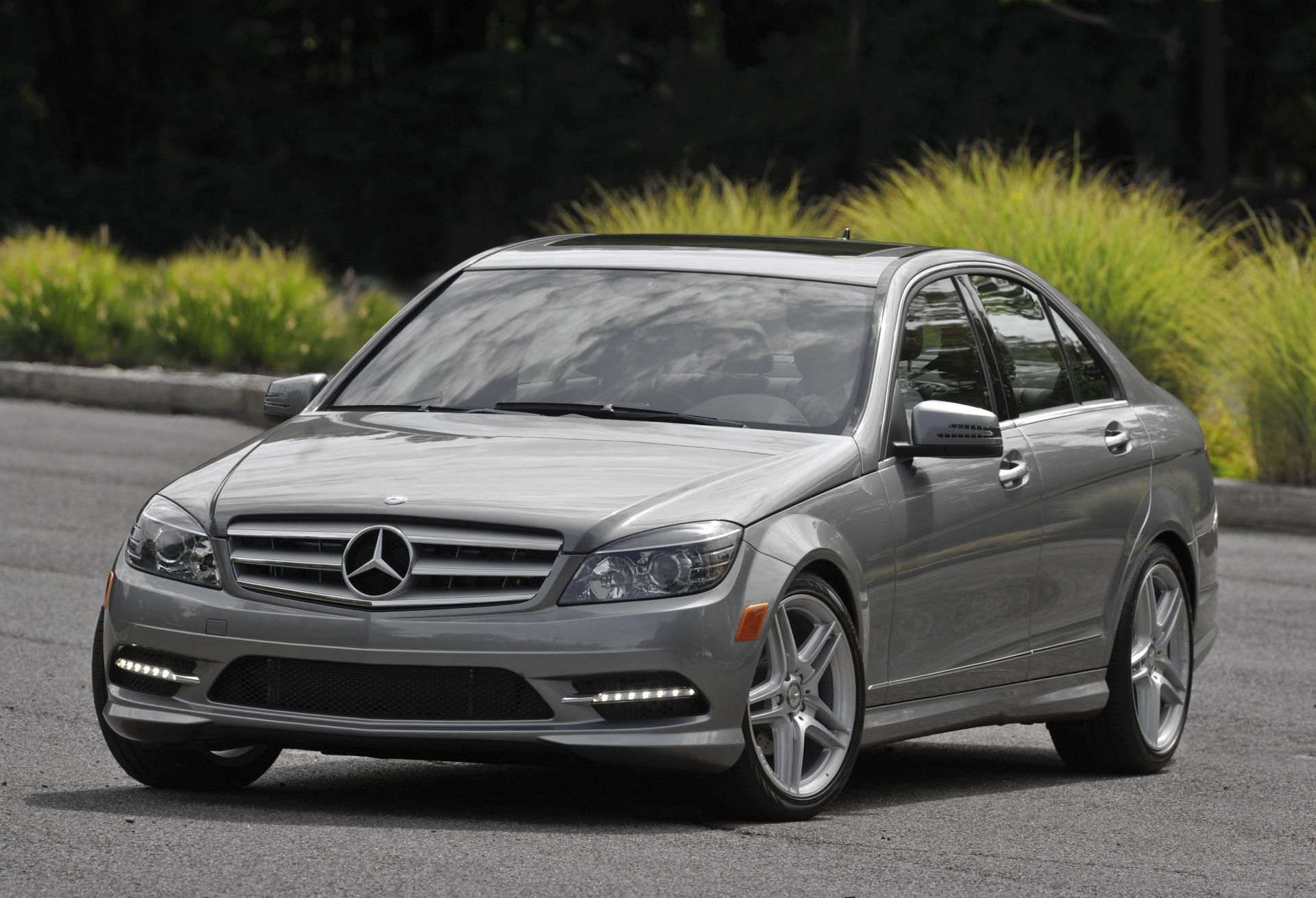It almost goes without saying that German cars occupy a strong position in the auto industry. In fact, car brands such as Mercedes-Benz, Volkswagen, Audi, BMW, and Porsche are readily recognized in the U.S. and everywhere else in the world. That said, German automakers suffer issues from time to time. In fact, some may readily point out really bad examples of German engineering.
That means there are legit reasons not to buy an old BMW. One should also remember the emissions scandal that affected Mercedes and Volkswagen. And when it comes to German sports sedans, here’s even more bad news:
10 The 2003 BMW Z4 Suffered From Possibly Damaged Tires
According to the NHTSA, there is a possibility that the car’s 18” tires sustained some damage while it was being mounted to the rim. As a result, the car may suddenly suffer from a loss of tire pressure while on the road.
Even worse, the car may also unexpectedly suffer from tire failure. This could result in a crash, depending on the traffic conditions and how the driver reacts to the tire issue. A recall was issued and dealers were asked to inspect the tire for damage.
9 The 2009 Mercedes-Benz CLS-Class Faced The Possibility Of A Detaching Glass Panel
According to Mercedes-Benz’s manufacturer notice, the carmaker has found that “the bonding between the glass panel and the sliding roof frame might not meet specifications. In this case, the adhesion of the bonding could deteriorate gradually over time.
If the bonding adhesion were to deteriorate, the durability requirements might not be met which could lead to a separation of the glass panel from the vehicle.” When a glass panel gets displaced while the affected car is moving, it increases the risk of an injury or crash.
8 The 2009 Audi TTS May Suffer From Gearbox Transmission Problems Due Temperature Sensor Issues
According to Audi’s notification letter to owners, “The wiring harness of a temperature sensor in the DSG may have connector wires that were insufficiently crimped by the connector supplier during a limited production period."
"With insufficiently crimped connector wires, a temperature sensor has the potential to falsely detect a high gearbox oil temperature, causing the clutch to open and can cause the driver to perceive that the transmission has shifted into Neutral.” As this happens, the Depress Brake Pedal indicator light will illuminate, alerting one to step on the brakes. This may cause a crash.
7 The 2011 Mercedes-Benz E-Class Has Steering Issues And Fuel Leak Risks
If you must know, this German sports car has already been the subject of eight recalls over the years, according to the National Highway Traffic Safety Administration (NHTSA). One of the issues pertains to a problem in the power steering system because of an eventual loss of power steering fluid.
Meanwhile, an “irregularity” in the molding process of the car’s fuel filter flange may result in the said flange cracking when exposed to high temperatures. There is a possibility that this would cause a fire should an external ignition source be present.
6 The 2011 Mercedes-Benz C-Class Suffers From Faulty Tail Lights
According to the NHTSA, “Complainants alleged that one or both rear lighting assemblies fail to illuminate (i.e., all lights housed within the assembly extinguish, including the stop, tail, and turn signal functions) or illuminate dimly.”
In addition, the Office of Defects Investigation (ODI) also found that some complainants experienced a “burning smell” coming from the car’s trunk. Even more concerning, the report revealed, “ODI identified 5 fire and one injury allegations during the course of this investigation.” Two of the fires occurred while the car was parked.
5 The 2014 BMW M235i Suffers From Improper Fuel Pump Plating
According to the filed defect notice report, there is “improper nickel plating” of some of the sub-components in the fuel pump. This may cause “excessive friction,” which would eventually make the fuel pump inoperable.
The report further explained, “If the fuel pump becomes inoperative due to this condition, the vehicle operator may experience a no-start condition or in rare cases a stalling condition without the ability to restart the vehicle.” Because of a sudden engine stall, there is an increased risk of suffering a crash while operating this sports car.
4 The 2015 Volkswagen Golf GTI May Suffer From Power Brake Failure
This problem could occur the moment a fracture occurs in the car’s camshaft lobe. According to a copy of the issued owner notification letter, “the camshaft lobe has the potential to unexpectedly shear off from the camshaft.”
It further explained, “If this happens, vacuum pump power will be lost so that the pump will not deliver further vacuum supply to the brake booster, and reduced engine power (limp home mode) will cause the Malfunction Indicator Light (MIL) to come on.” This would make the car harder to operate, making it unsafe to drive.
3 The 2016 Mercedes-Benz AMG GT S May Suffer From An Unexpected Loss Of Torque
The power train issue is apparently due to an unreliable adhesive bond. According to the manufacturer notice, “The strength of the adhesive between the driveshaft and the flange might be compromised due to insufficient cleaning of the respective bonding surfaces prior to assembly."
"In such a case, the carbon-fiber driveshaft might separate from the flange and spin. This could result in loss of traction between the engine and transmission and thus lead to loss of motive power, and increase the risk of a potential crash.”
2 The 2017 Porsche 911 Carrera 4S Cabriolet May Have An Improperly Bonded Windshield
According to Porsche’s defects notice report, “There is the possibility that the windshield was not sufficiently bonded to the car body on the affected vehicles.”
It further explained, “An incorrect composition of the windshield adhesive could lead to a loss of the adhesion properties of the adhesive layer between windshield and the vehicle’s windshield frame.” Hence, the windshield may come off of the car in the event of a crash. Aside from the 2017 911, this windshield issue also affected the 2017 model of the 718 Boxster.
1 The 2018 Audi RS3 May Have Rear Seat Guide Sleeves That Were Not Welded Correctly
According to a copy of the safety recall report, “Improper positioning of head restraint guide sleeves in welding process. This may lead to a gap between a head restraint guide sleeve and the seat frame structure, and therefore reduce the stability of the welding connection.” This makes the rear seat head restraints possibly unstable and could pose serious danger to a passenger in the event of an accident on the road. This issue is also said to affect the 2018 A3 sedan and certain 2018 Volkswagen car models.











